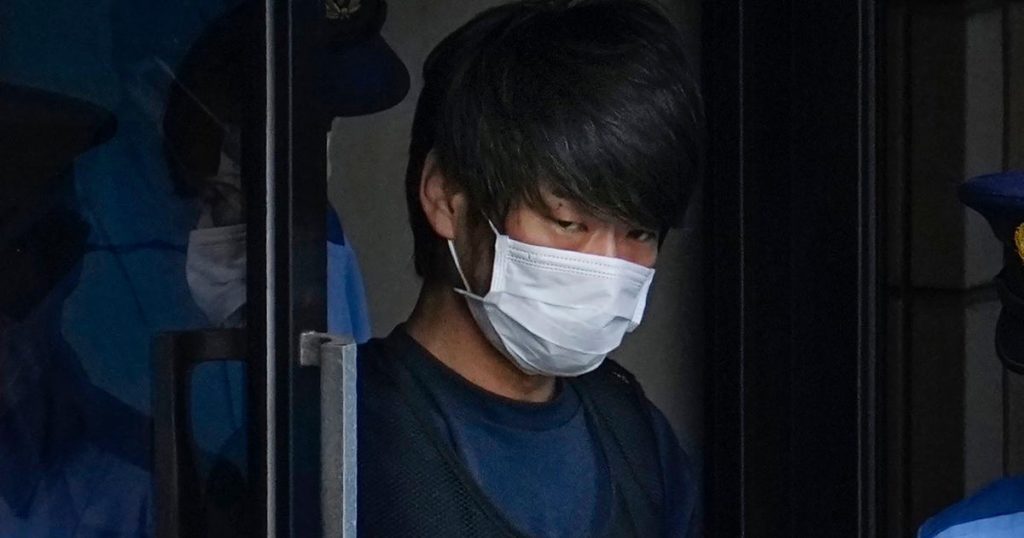Gunman Admits Guilt in Shinzo Abe’s Assassination
The individual charged with the assassination of Japan’s former Prime Minister Shinzo Abe pleaded guilty on Tuesday, nearly three years after the shocking incident unfolded in broad daylight.
This act of violence prompted a national reflection in a country unaccustomed to gun-related crimes and raised concerns regarding alleged connections between influential conservative politicians and a secretive group known as the Unification Church.
During proceedings in the western city of Nara, Tetsuya Yamagami acknowledged his responsibility for the murder, stating, “Everything is true,” as well as “There is no doubt that I have done all this.”
Yamagami, 45, was escorted into the courtroom restrained and dressed in a black T-shirt. When asked for his name, he responded almost inaudibly. His attorney indicated plans to contest specific charges, including those related to weapons laws for allegedly utilizing a homemade firearm.
On the same day Yamagami entered his plea, two of Abe’s former colleagues—current Prime Minister Sanae Takaichi and visiting U.S. President Donald Trump—convened in Tokyo. This noteworthy trial was delayed previously due to the discovery of a suspicious, but ultimately harmless, item at the court.
A significant aspect of Yamagami’s case revolves around potentially mitigating circumstances stemming from what he described as “religious abuse” during his upbringing due to his mother’s fervent allegiance to the Unification Church. Reports disclosed her continuing devotion even after her son’s actions.
The prosecutor remarked that Yamagami developed resentment towards the church, which he blames for derailing his life. He believed killing someone as prominent as Abe would draw attention to these issues. Following Abe’s assassination, investigations revealed extensive ties between the church and notable lawmakers, leading to resignations and increased scrutiny of the group’s influence in Japan.



